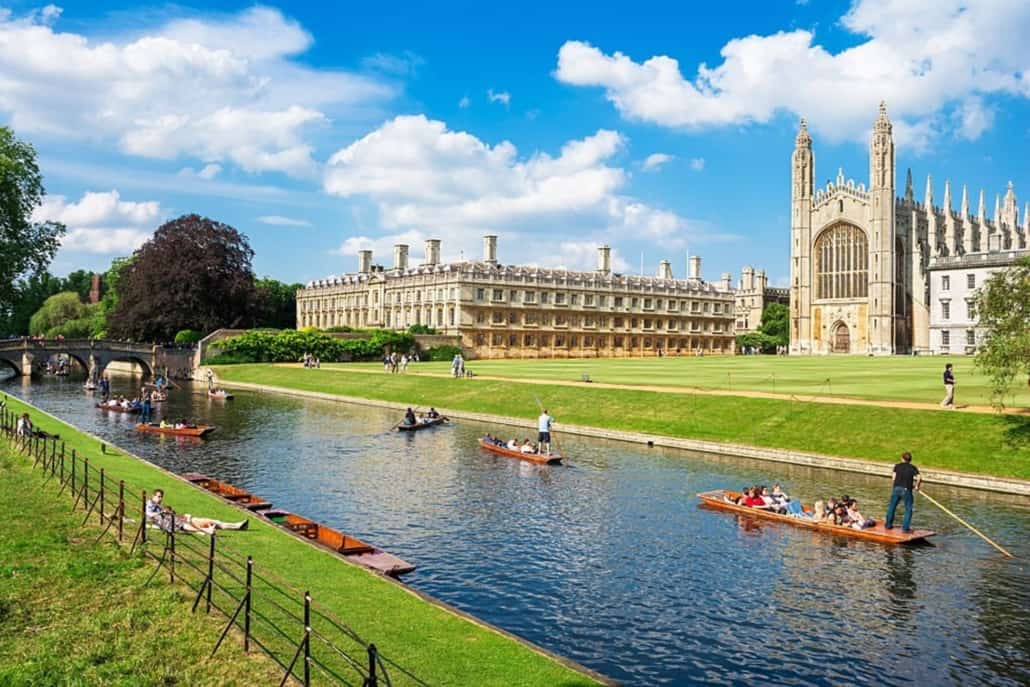Top 10 Tips for Visiting the UK’s National Parks
Top 10 Tips for Visiting the UK’s National Parks
The United Kingdom’s national parks offer a blend of stunning landscapes, from windswept moors and rolling hills to rugged coastlines and ancient forests. With 15 national parks across England, Scotland, and Wales, there are countless opportunities for exploration and outdoor activities. Here’s a detailed guide to the UK’s most iconic national parks, including practical tips, seasonal advice, and essential packing suggestions.
1. How to Prepare for Your Visit
- Research Park Rules: UK national parks often have specific guidelines, particularly regarding wildlife and protected areas. Respect local rules to preserve these natural areas.
- Check for Seasonal Access: Some parks have restrictions on certain trails or activities during specific seasons to protect wildlife, so check access guidelines beforehand.
- Accommodations: Many UK national parks have limited accommodation options. Book in advance if visiting during peak times, especially in summer.
2. Best Ways to Travel to the UK’s National Parks
- Public Transportation: Most UK parks, such as the Lake District and Snowdonia, are accessible via train and bus. Use the National Rail and local bus services for ease of travel, but note that rural bus services may be limited.
- Driving: Renting a car can be convenient for visiting more remote areas like the Yorkshire Dales and Cairngorms, offering flexibility and easy access to scenic stops.
- Cycling: The UK is a bike-friendly country, and many national parks have extensive cycling routes. Renting a bike is a great option for an immersive, eco-friendly way to explore the countryside.
3. What to Wear
- Waterproof Jacket: The UK’s weather is famously unpredictable, and rain is common, especially in areas like Dartmoor and the Peak District. A waterproof jacket will keep you dry and comfortable.
- Hiking Boots: Trails in parks like the Lake District and Snowdonia can be rocky and muddy. Sturdy, waterproof hiking boots are a must for rugged terrain.
- Warm Layers: Even in summer, temperatures in upland areas like the Scottish Highlands can be cool. Wear layers for comfort and warmth.
4. What to Bring
- Map or GPS Device: While many trails are well-marked, some, especially in areas like Dartmoor, are more remote. Bring a map or a GPS device for navigation.
- Reusable Water Bottle and Snacks: While there are often cafes near park entrances, bringing water and snacks is essential for longer trails.
- First Aid Kit: Include bandages, antiseptic wipes, and any personal medications to handle minor injuries while hiking.
5. What to Expect in the UK’s National Parks
- Varied Landscapes: UK parks feature diverse scenery, from the mountainous peaks of Snowdonia and the Highlands to the expansive moors of Exmoor and the Broads’ wetlands.
- Wildlife: The UK’s parks are home to a variety of wildlife, including red deer in the Cairngorms, wild ponies in Dartmoor, and rare bird species in the Norfolk Broads.
- Traditional Villages: Many UK national parks are near historic villages with traditional pubs, shops, and accommodations, allowing you to experience local culture.

6. Seasonal Tips for UK’s National Parks
- Spring (March – May): This is an ideal time to visit, with mild temperatures, blooming flowers, and fewer crowds. Great for birdwatching and enjoying wildflower meadows.
- Summer (June – August): Peak season for most parks, with warm temperatures and long daylight hours. Be prepared for more visitors, especially in popular parks like the Lake District.
- Autumn (September – November): Cooler temperatures and fall foliage make this a beautiful season for parks like the New Forest and the Yorkshire Dales.
- Winter (December – February): Some parks, especially in Scotland and northern England, see snow in winter, making them ideal for winter hikes or scenic drives. Some trails may be muddy or icy, so plan accordingly.
7. Additional Tips for a Memorable Experience
- Start Early: Arriving early allows you to enjoy the parks at a quieter time, especially in summer or during weekends.
- Visit Local Markets: Many parks are near villages with weekly markets that offer local products, crafts, and foods, allowing you to experience regional flavors.
- Pack for All Weather: UK weather can change quickly, even in summer. Pack extra layers and be prepared for rain, sunshine, and everything in between.
- Respect Local Wildlife: The parks are protected for their natural ecosystems and wildlife. Keep a safe distance, particularly with animals like wild ponies, red deer, and nesting birds.
8. Packing Checklist for the UK’s National Parks
| Essentials | Outdoor Gear | Optional Items |
|---|---|---|
| Waterproof jacket | Hiking boots | Binoculars |
| Reusable water bottle | Map or GPS device | Portable charger |
| Snacks/Energy bars | Small first aid kit | Camera/Smartphone |
| Sunglasses and hat | Headlamp or flashlight | Travel-sized blanket |
| Layered clothing | Walking poles | Insect repellent |
The UK’s National Parks Overview
| National Park | Location | Highlights | Best Time to Visit | Activities |
|---|---|---|---|---|
| Lake District | Cumbria, England | Lakes, mountains, scenic trails | Year-round, avoid crowds in summer | Hiking, boating, photography |
| Snowdonia | North Wales | Mount Snowdon, rugged mountains, waterfalls | Spring and autumn | Hiking, rock climbing |
| Peak District | Central England | Rolling hills, limestone dales, traditional villages | Year-round | Hiking, cycling, caving |
| Cairngorms | Scottish Highlands | Mountains, red deer, winter sports | Winter for skiing, summer for hiking | Skiing, hiking, wildlife viewing |
| Brecon Beacons | South Wales | Waterfalls, mountain ranges, dark sky reserve | Spring and autumn | Hiking, stargazing |
| Dartmoor | Devon, England | Granite tors, wild ponies, moorland landscapes | Year-round | Hiking, wildlife spotting |
| Yorkshire Dales | Yorkshire, England | Limestone caves, rolling hills, historic villages | Spring and summer | Hiking, caving, cycling |
| New Forest | Hampshire, England | Ancient woodlands, wild ponies, heathland | Year-round, autumn for foliage | Walking, wildlife spotting |
| Exmoor | Southwest England | Moorlands, coastal cliffs, stargazing | Spring and autumn | Hiking, stargazing |
| Northumberland | Northern England | Hadrian’s Wall, coastal dunes, dark skies | Year-round | Hiking, historical tours |
| Loch Lomond and The Trossachs | Scotland | Lochs, mountains, forested areas | Summer | Hiking, kayaking, boating |
| Norfolk Broads | Norfolk, England | Wetlands, rare birds, boat trips | Spring and summer | Boating, birdwatching |
| South Downs | Southern England | Rolling chalk hills, vineyards, scenic villages | Spring and summer | Hiking, cycling |
| Pembrokeshire Coast | West Wales | Coastal cliffs, beaches, marine wildlife | Summer | Coastal walks, birdwatching |
| North York Moors | Yorkshire, England | Heather moorlands, coastal paths, historic sites | Late summer for heather blooms | Hiking, cycling, wildlife watching |









 Are you an international student about to start studying in the UK? Or perhaps you’re an existing student who is finding your feet in a new country? Check out our top 10 tips for making life as a foreign student in the UK easier! From organising your finances to finding your way around, we have what you need.
Are you an international student about to start studying in the UK? Or perhaps you’re an existing student who is finding your feet in a new country? Check out our top 10 tips for making life as a foreign student in the UK easier! From organising your finances to finding your way around, we have what you need.





